MAVERICK CITIZEN: YES WE CAN!
iKhaya eLitsha Hub — pathways to food security and dignity
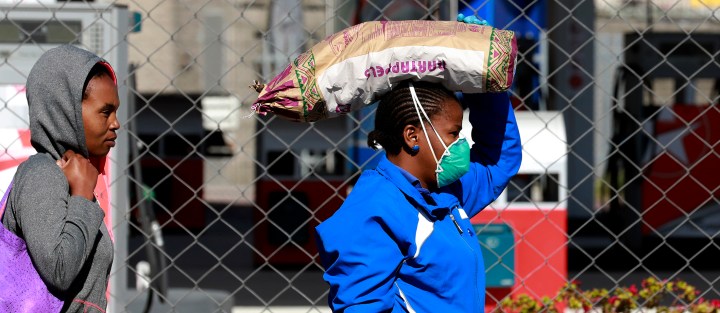
Community-led change and local action are too often stifled by the dominant accountability models. New models of social accountability, built on trust, redistribution and horizontality rather than the usual bureaucratic checks and balances, are desperately needed.
In March 2020, when the president announced that South Africa would be going into a lockdown, a lot of uncertainty ensued. At the time I had just started working for a non-profit organisation that deals with sexual and reproductive health for adolescent girls and young women in the Klipfontein District.
By chance, I came across the Philippi East Community Action Network (CAN), as it was known at the time. I probed for more information and traced the collective to Cape Town Together on Facebook. A few days later we started our own Site C CAN with a few volunteers as a means of establishing a local, rapid response to Covid-19.
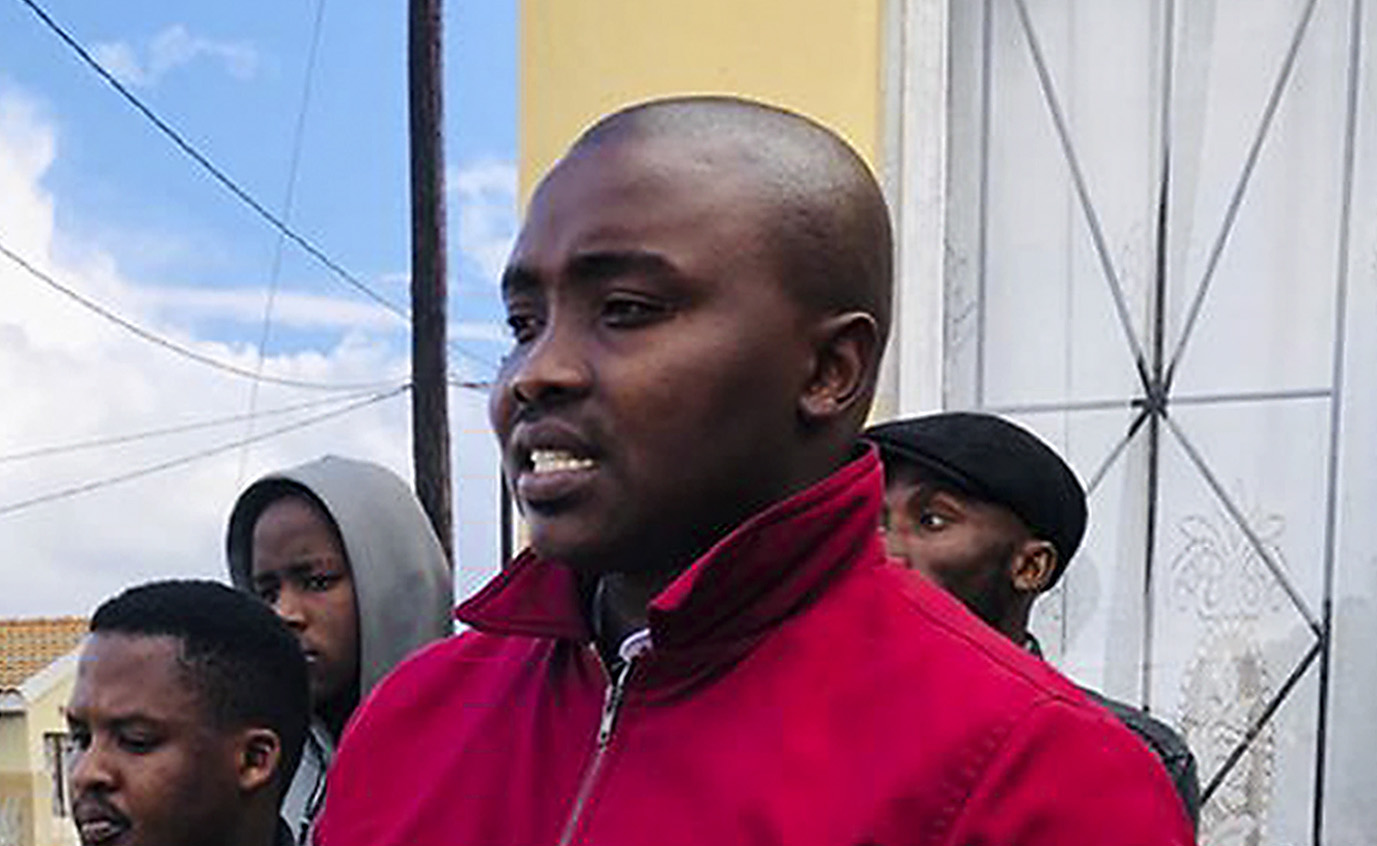
Mboneleli Gqirana. (Photo: Supplied)
The CANs operate as a network of autonomous, neighbourhood-based groups where volunteers come together to tackle the challenges of Covid-19. These might change from neighbourhood to neighbourhood, so every CAN is best placed to understand what is needed for its own neighbourhood. But operating as a collective network also allows for different forms of support, solidarity, generosity and redistribution of resources to take place across the city.
As soon as we started Site C CAN, the requests for food assistance began to come in. A lot of soup kitchens in our area were reluctant because it was not clear whether they were allowed to operate under the new lockdown regulations. We resolved to approach a few organisations within our community to explain the concept of a CAN. Most welcomed the idea and pledged to contribute to the coordination of a food relief programme.
Over the coming 12 months, we would assist in distributing 500 food parcels to households in Site C through donations from like-minded organisations, partner CANs and private donors.
At one point during this time, our CAN approached a soup kitchen to collaborate, but its leaders were not interested in joining our efforts to collectively advocate for resources. Little did they know, one youth-led organisation had received a substantial financial donation and were buying food parcels in order to distribute them to as many parts of Site C as possible through the CAN.
We needed the food parcels to also reach the section that was covered by this particular soup kitchen. So, when we delivered the food parcels, we decided that even though they were not interested in working with us, we would share the food parcels with them anyway because people in their section deserved the assistance.
This is one of the qualities that makes the CANs special, the fact that we do not have to agree on everything, but to acknowledge that synergies can be found among people from different backgrounds whenever we put our communities first.
As donor fatigue began to set in from the middle of 2020 onwards, food relief supplies began to dwindle. We decided to focus on soup kitchen support as a more sustainable referral pathway. To date, we have continuously supported three soup kitchens whenever we have food to share and they are very important in supporting and linking people to other services such as looking for jobs and study opportunities.
My wife and I had been planning to move from Site C for quite some time and were thinking about what legacy project we could establish. We held a dialogue with a local organisation called Accountability Lab to identify potential projects. One of the shortcomings identified during this dialogue was a lack of space to support young social innovators, who were having difficulty accessing community halls.
There are major obstacles preventing young people from accessing these spaces, which are fundamental for collective organising, nurturing ideas and getting projects off the ground. Women complained that they are asked for sexual favours in return for access and men said access usually boils down to which political affiliation one falls under. As part of the dialogue, we donated 10 bicycles to social entrepreneurs to make their work easier, in partnership with Khaltsha Cycles.
In October 2020 we moved from Site C and decided that our RDP house would be used as a youth hub. We dubbed the space iKhaya eLitsha Hub, fashioned from Khayelitsha, which is Xhosa for a new home. The youth hub has experienced ups and downs. We have formed partnerships with influential organisations, set up Wi-Fi and received a small donation of office furniture.
Downs include being robbed on our first workshop with the DG Murray Trust, presented to assist community workers in developing basic skills to deal with stress.
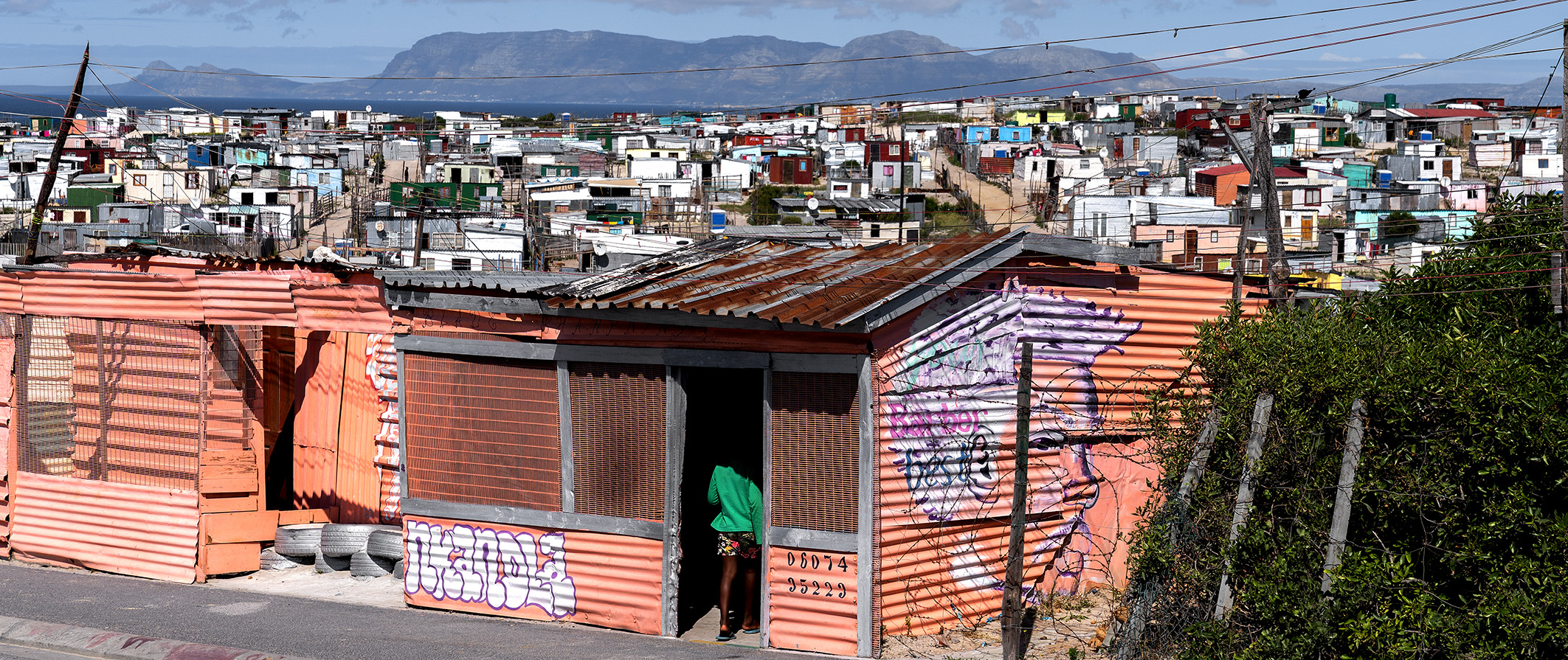
Shacks in a recently expanded area of Khayelitsha, Cape Town. Connecting at the local level allows the building of real relationships of trust and solidarity, and envision common and collective futures for communities, says the writer. (Photo: EPA-EFE / Nic Bothma)
We still have ambitions for the space to be renovated and are working hard on leveraging our partnerships to see this goal through, even though funders prefer organisations that have been around for about five years and have a track record of implementation. That being said, we recognise that community-led change and local action is too often stifled by the dominant accountability models. New models of social accountability, built on trust, redistribution and horizontality, rather than the usual bureaucratic checks and balances, are desperately needed.
It brings me pride to see what Site C CAN has achieved and we hope the leveraging of resources and heightened connectivity that was made possible through the coming together of people from all walks of life in Cape Town continue in earnest.
There are many challenges that need our urgent attention and there is a lot of value in us coming together to collectively find possible solutions.
If civil society does not claim its voice in South Africa, the government and the private sector will continue to act with impunity, knowing that our communities have no one to turn to when they encounter challenges.
Government and the private sector need to see civil society as a partner in developing communities. This partnership is possible when we stop seeing one another as threats and all agendas are made transparent.
Connecting at the local level allows us to build real relationships of trust and solidarity, and envision common and collective futures for our communities, leveraging the creativity and resources that surround us to bring them into reality. DM/MC
Mboneleli Gqirana is a Community Development Practitioner with over 10 years in the sector, convener of the Site C CAN and founder of iKhaya eLitsha Hub






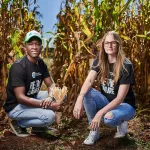
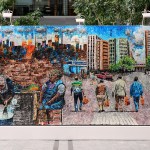












Comments - Please login in order to comment.